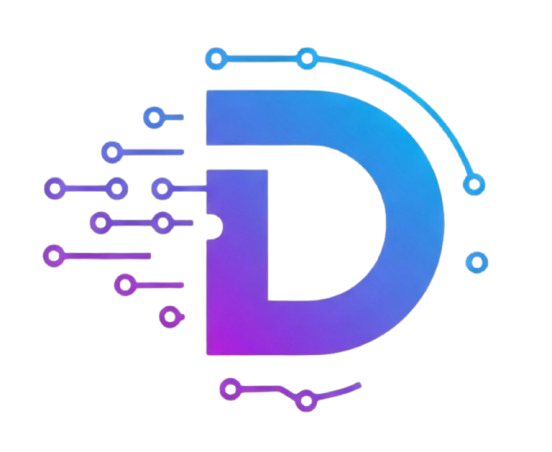Ethical Considerations in AI Implementation
Exploring the ethical implications of AI in business and how to implement responsible AI practices.

Emmanuel Odor
AI Automation Expert and Founder of Decadbyte

As AI becomes increasingly integrated into business operations, ethical considerations are more important than ever. Organizations must balance innovation with responsibility to ensure AI benefits society.
The Importance of AI Ethics
AI systems can perpetuate biases, make unfair decisions, and impact privacy. Ethical AI implementation ensures that these technologies serve humanity while minimizing harm.
Key Ethical Principles
1. Fairness and Non-Discrimination
AI systems should treat all individuals fairly, regardless of race, gender, age, or other characteristics. This requires careful attention to training data and algorithm design.
2. Transparency and Explainability
Users should understand how AI systems make decisions. This is crucial for building trust and ensuring accountability.
3. Privacy and Data Protection
AI systems must respect user privacy and comply with data protection regulations like GDPR and CCPA.
4. Safety and Security
AI systems should be secure, reliable, and safe to use. This includes protecting against adversarial attacks and ensuring system robustness.
5. Accountability
Organizations must take responsibility for AI system outcomes and be prepared to address any issues that arise.
Common Ethical Challenges
- Algorithmic Bias: AI systems can inherit biases from training data
- Job Displacement: Automation may lead to job losses in certain sectors
- Privacy Concerns: AI systems often require large amounts of personal data
- Decision Making: AI decisions may not always be explainable
- Security Risks: AI systems can be vulnerable to attacks
Implementing Ethical AI
1. Establish Ethical Guidelines
Create clear policies and guidelines for AI development and deployment within your organization.
2. Diverse Teams
Ensure your AI development team includes diverse perspectives to identify potential biases and ethical issues.
3. Regular Audits
Conduct regular audits of AI systems to identify and address ethical concerns.
4. Stakeholder Engagement
Involve stakeholders in AI development to understand their concerns and needs.
5. Continuous Monitoring
Monitor AI systems in production to ensure they continue to operate ethically.
Regulatory Landscape
Governments worldwide are developing regulations for AI:
- EU AI Act: Comprehensive AI regulation framework
- US AI Bill of Rights: Guidelines for AI system development
- China AI Regulations: Rules for AI development and deployment
Best Practices for Organizations
- Start with a clear ethical framework
- Train employees on AI ethics
- Implement robust testing and validation
- Establish clear lines of accountability
- Engage with external stakeholders
- Stay updated with regulatory developments
Conclusion
Ethical AI implementation is not just a legal requirement—it's a business imperative. Organizations that prioritize ethics in their AI initiatives will build trust, avoid reputational damage, and create more sustainable AI solutions.

